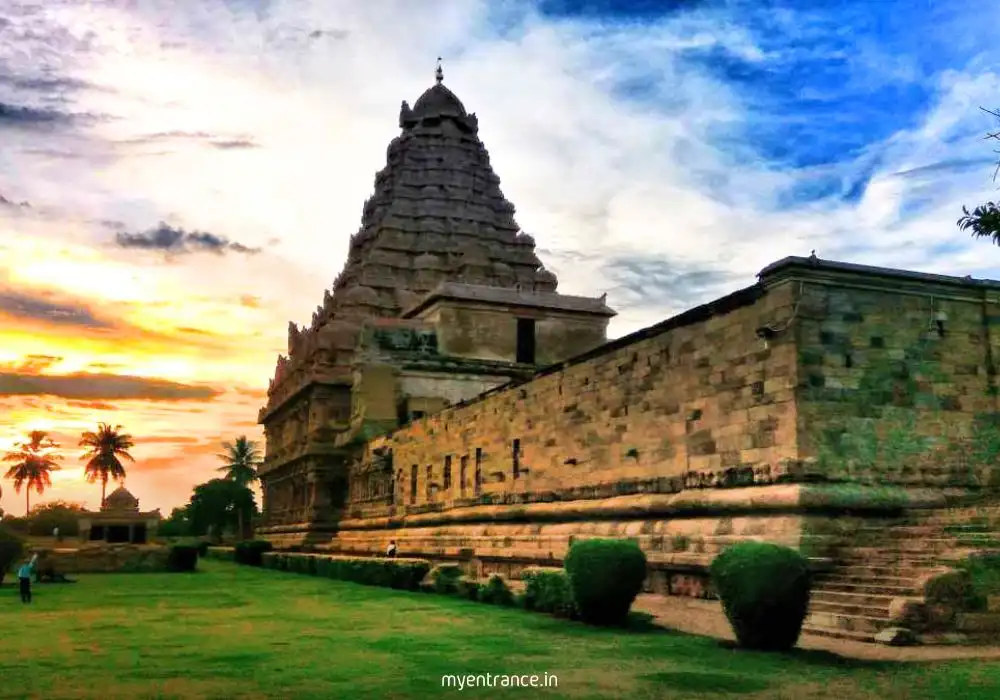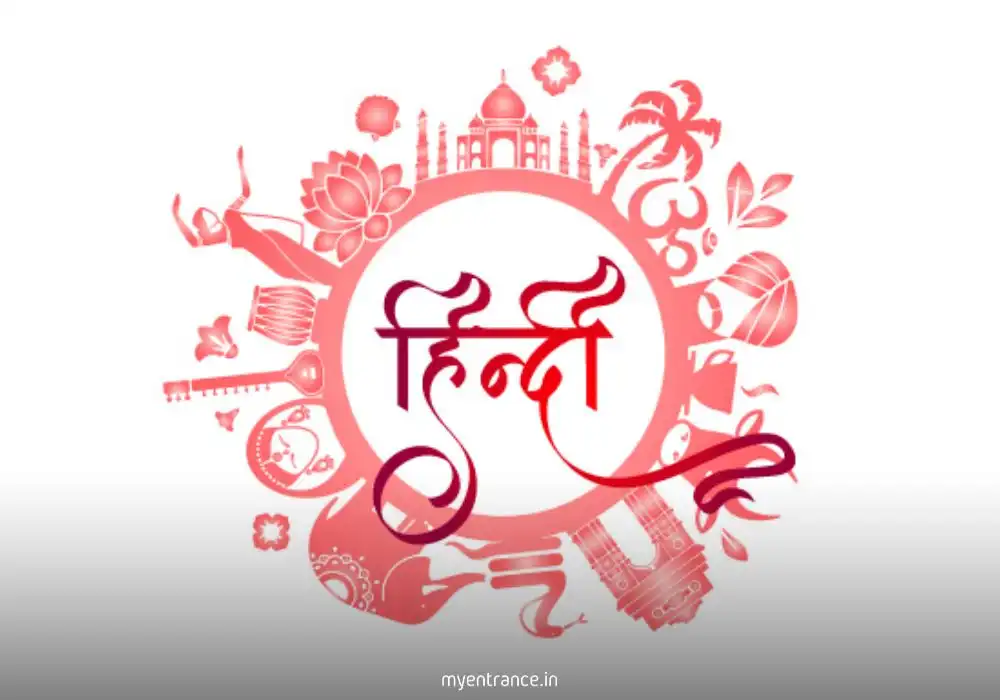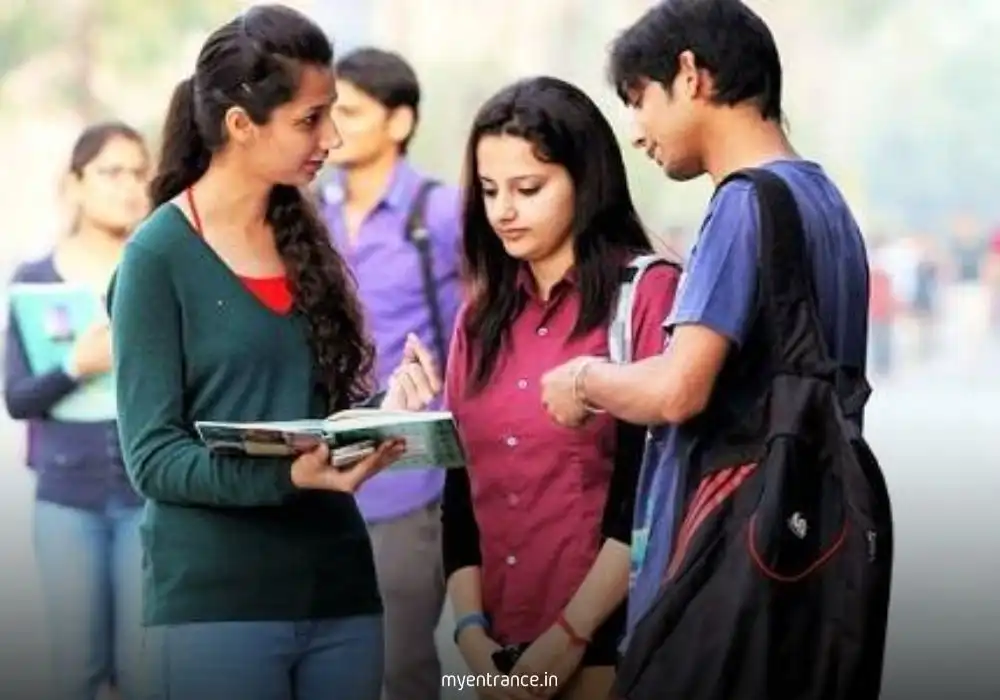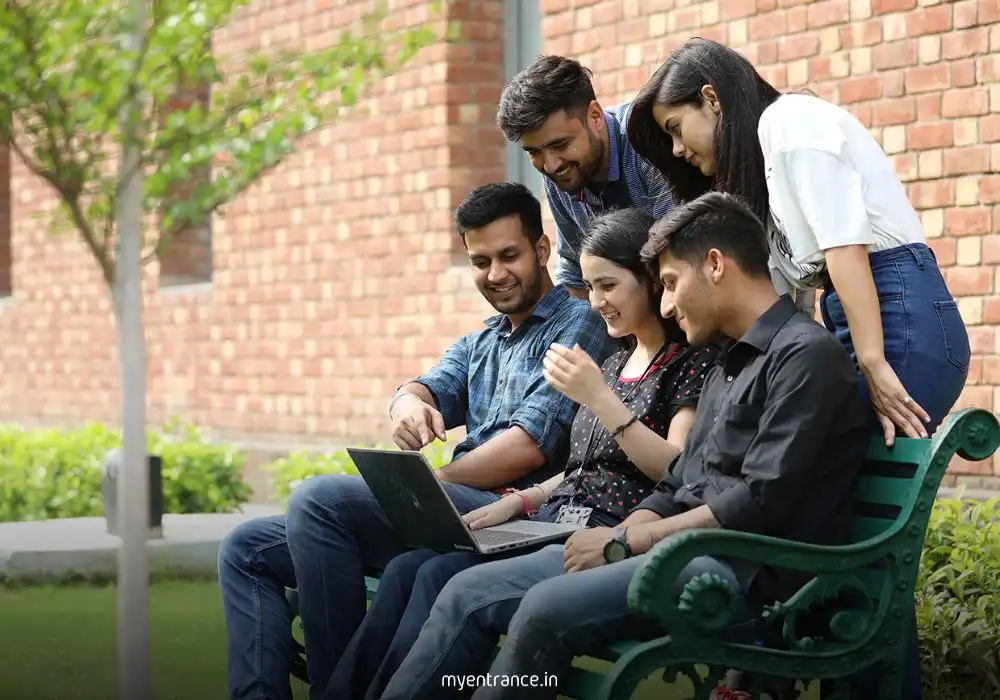Translate Language
BHOG Scheme in Shimla Temples: Ensuring Hygienic Prasad for Devotees
The BHOG Scheme is a Food Safety and Standards Authority of India (FSSAI) initiative to ensure hygienic and safe prasad in religious places. Recently, five Shimla temples, including Tara Devi and Sankat Mochan, adopted this scheme. For exam aspirants, understanding this scheme is crucial as it aligns with government policies, food safety regulations, and current affairs.
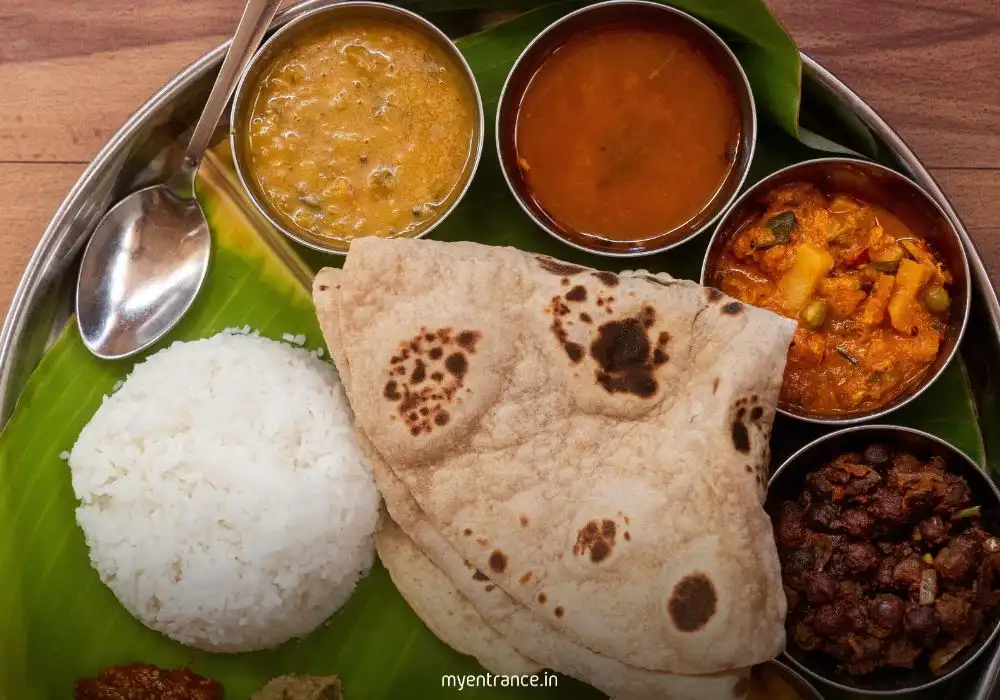
What is the BHOG Scheme?
The BHOG (Blessed Hygienic Offering to God) Scheme is an FSSAI-led program aimed at maintaining food safety and hygiene standards in religious institutions. Key aspects include:
Mandatory Licensing: Temples must obtain FSSAI registration/license for preparing and distributing prasad.
Third-Party Audits: Recognized agencies inspect kitchen hygiene, storage, water quality, and waste management.
Employee Training: Food handlers undergo FOSTAC (Food Safety Training & Certification) for safe food practices.
CCTV Monitoring: Temples in Shimla, including Jakhu and Hatkoti, now have CCTV surveillance linked to the DC office for compliance checks.
This scheme ensures that prasad or bhandara served to devotees meets national food safety standards.
Why is the BHOG Scheme Important for Exams?
For UPSC, SSC, PSC, and other competitive exams, the BHOG Scheme is relevant because:
✔ Government Policy Insight: It reflects FSSAI’s role in public health and food safety.
✔ Current Affairs: Recent implementation in Shimla temples makes it a potential MCQ topic.
✔ Regulatory Framework: Understanding licensing, audits, and hygiene standards helps in general awareness sections.
✔ Ethical Governance: Shows how technology (CCTV monitoring) ensures transparency in public welfare schemes.
Questions & Answers for Competitive Exams
Q1. What does BHOG stand for under the FSSAI scheme?
Ans: Blessed Hygienic Offering to God – A scheme ensuring hygienic prasad distribution in religious places.
Q2. Which Shimla temples were recently included in the BHOG scheme?
Ans: Tara Devi, Sankat Mochan, Jakhu, Hatkoti, and Bhimakali Temple (Sarahan).
Q3. What is the role of FOSTAC in the BHOG scheme?
Ans: It provides food safety training & certification to temple staff handling prasad.
Q4. Why is CCTV surveillance used in Shimla temples under BHOG?
Ans: To monitor hygiene compliance and ensure transparency in food handling.
Q5. Which regulatory body oversees the BHOG scheme?
Ans: The Food Safety and Standards Authority of India (FSSAI).
The BHOG Scheme is a significant step toward food safety in religious institutions, making it a key topic for government exams. Aspirants should note its implementation, objectives, and regulatory aspects for UPSC, SSC, and state PSC exams.
Get 3 Months Free Access for SSC, PSC, NIFT & NID
Boost your exam prep!
Use offer code WELCOME28 to get 3 months free subscription. Start preparing today!









